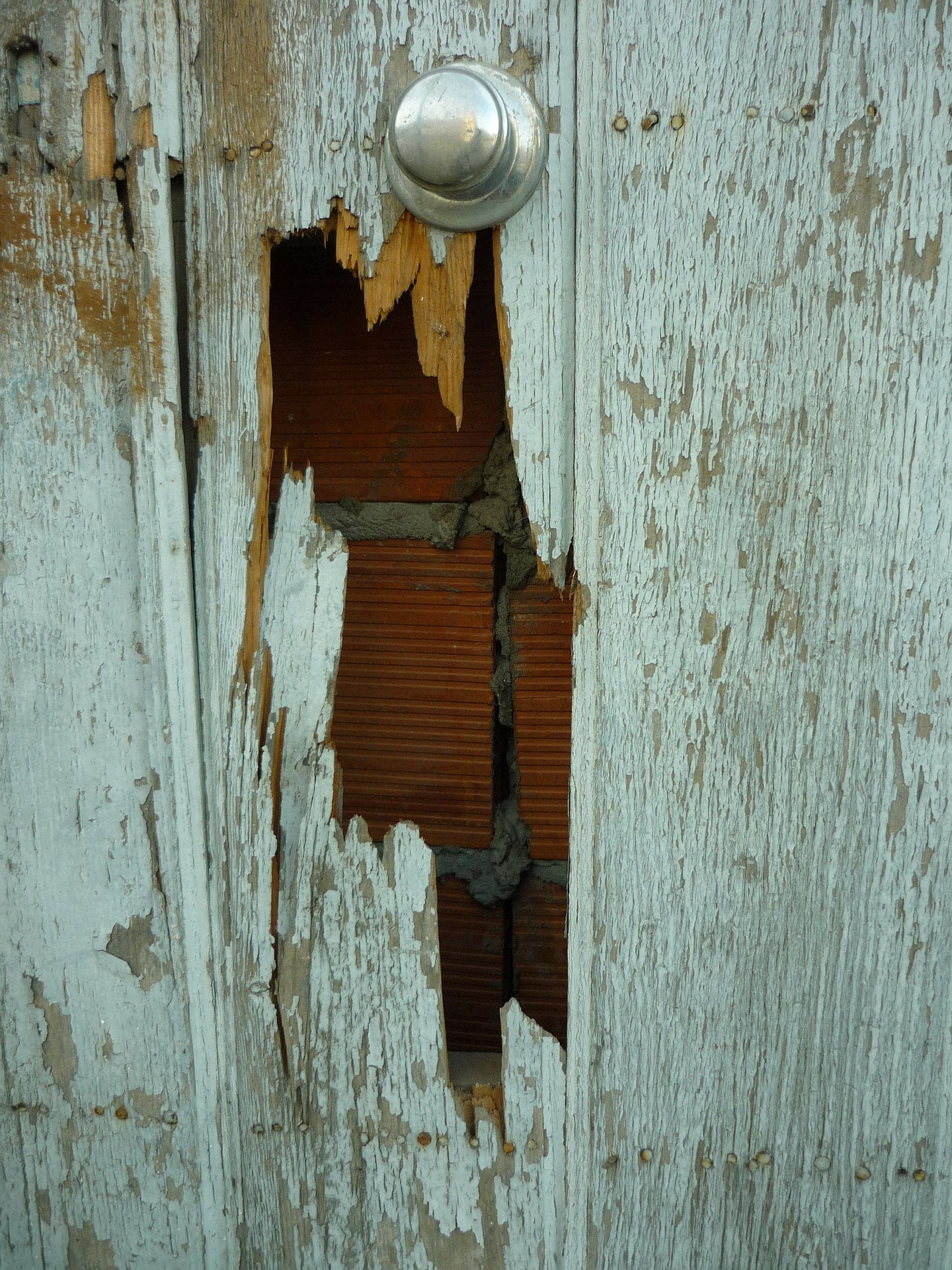There is a big difference in how quickly eviction can occur for renters versus owners when dealing with non-payment of rent or mortgage.
The to-rent-versus-to-own issue when it comes to housing is a tough one. And that’s assuming you have the option. I know not everyone does.
And what’s worse, some people buy homes that they can’t afford, locking themselves into the most inflexible of financial problems.
I own my home, but it wasn’t because of any strong belief that it’s better. I hate those phrases about how you’re “throwing your money away” with rent, like how the flexibility and ease of being able to just take off at the end of your term isn’t worth paying for. That’s a huge benefit to renting.
But, as the pandemic continues to rage (note to some people: the pandemic is continuing to rage) it has brought rather painfully to mind a benefit to owning that I confess I never really took into account.
It has to do with, of course, what happens when things go wrong.
Table of Contents
Falling behind
You need an emergency fund. I can’t stress this enough.
Short of food, there is no bill that’s more important to pay than that which covers your shelter. I’m referring to your rent or mortgage payment.
Unfortunately, this is one of the largest bills, if not the largest bill, you will pay. Depending on where you are, your average housing cost for your average wage can be as high as 45 percent of your income.

And you see some more problems if you filter by race:

(I’ve personally paid 50% of my income to rent before. It’s not fun. I don’t recommend it.)
This is all assuming you have income. And let’s face it, a lot of people don’t have jobs right now. Or if they do, it’s not as much as it used to be.
But those rent or mortgage bills won’t stop.
Repercussions for nonpayment: Mortgage
If you can no longer pay your mortgage payments, you have a few recourses, such as negotiating with your lender, a forbearance plan, a loan modification, or even a short sale, where you sell the property for less than it’s worth.
But while the laws in the U.S. vary by state, the foreclosure process, where the lender attempts to reclaim possession of the property, happens after at least 120 days.
So that’s four months of agony, but it’s also four months in which you can at least be in your home. And when you are in financial distress, time is your best ally.
Repercussions for nonpayment: Rent
The situation isn’t the same when you rent.
The details again vary by state, but getting kicked out of your home for non-payment can happen from as long as three months to as little as two weeks. Two weeks!
Indiana, in particular, seems rather punitive. After non-payment for a single month, the landlord can give a 10-day notice to pay up or file an eviction process.
Inequity
So, it’s clear that renters have less recourse in difficult economic times and are have more instability than homeowners.
If both a renter and a homeowner stop paying, eventually they’ll both lose their home. But it seems like you’ll have a lot more time to figure out your situation if you own a home than if you rent.
And I don’t know about you, but that seems very unfair.
I mean, why should I be kicked out of my home sooner if I rent than if I buy? Why is a renter seen as less important to be housed?
On one hand, a renter is one level “down” from an owner who rents out a place. That person presumably needs to pay their bills too, and your rent helps them do it. So in a purely transactional sense, the renter needs to be dealt with “first” or else the whole cascading system of payment breaks down.
But we’re not talking about a purely transactional system; we’re talking about people.
(Which is one of the reasons why I don’t think of residential real estate as an investment platform for me; I have zero desire to evict anyone.)
What to do
Since the pandemic happened, there have been some regulations put in place to prevent people who, through no fault of their own, are currently unable to pay their rent.
Here’s a big list of all the current eviction-moratorium regulations and benefits in place. (Note that this list may not be the most up-to-date.)
The Consumer Financial Protection Bureau has some good tips too.
Also, here’s another list of state-specific landlord-tenant laws.
But all of this, as far as I can tell, does nothing to actually cancel rent payments; it just piles them up for the future.
Which is even more stupid. If I owe $1,000 a month, and I’m out of work, and I don’t need to pay (and I can’t anyway), then after six months, now I owe $6,000. Even if I get a job, am I going to be able to drop that kind of cash for the last six months? It doesn’t seem like it.
So, once again, we are failing the most vulnerable of our fellow neighbors.
Final thoughts
I wish I had a magic solution here if you’re facing these kinds of difficulties. I made a video recently about what to do if you’re in a severe economic crisis, and maybe that can help.
I’ve always been on the fence about renting versus owning. There are benefits to each, and it’s always better to rent than to buy a place you can’t afford.
But in this case, for purely disaster-avoiding purposes, owning a home beats renting completely and totally, in our current system.
It just doesn’t have to be that way.


